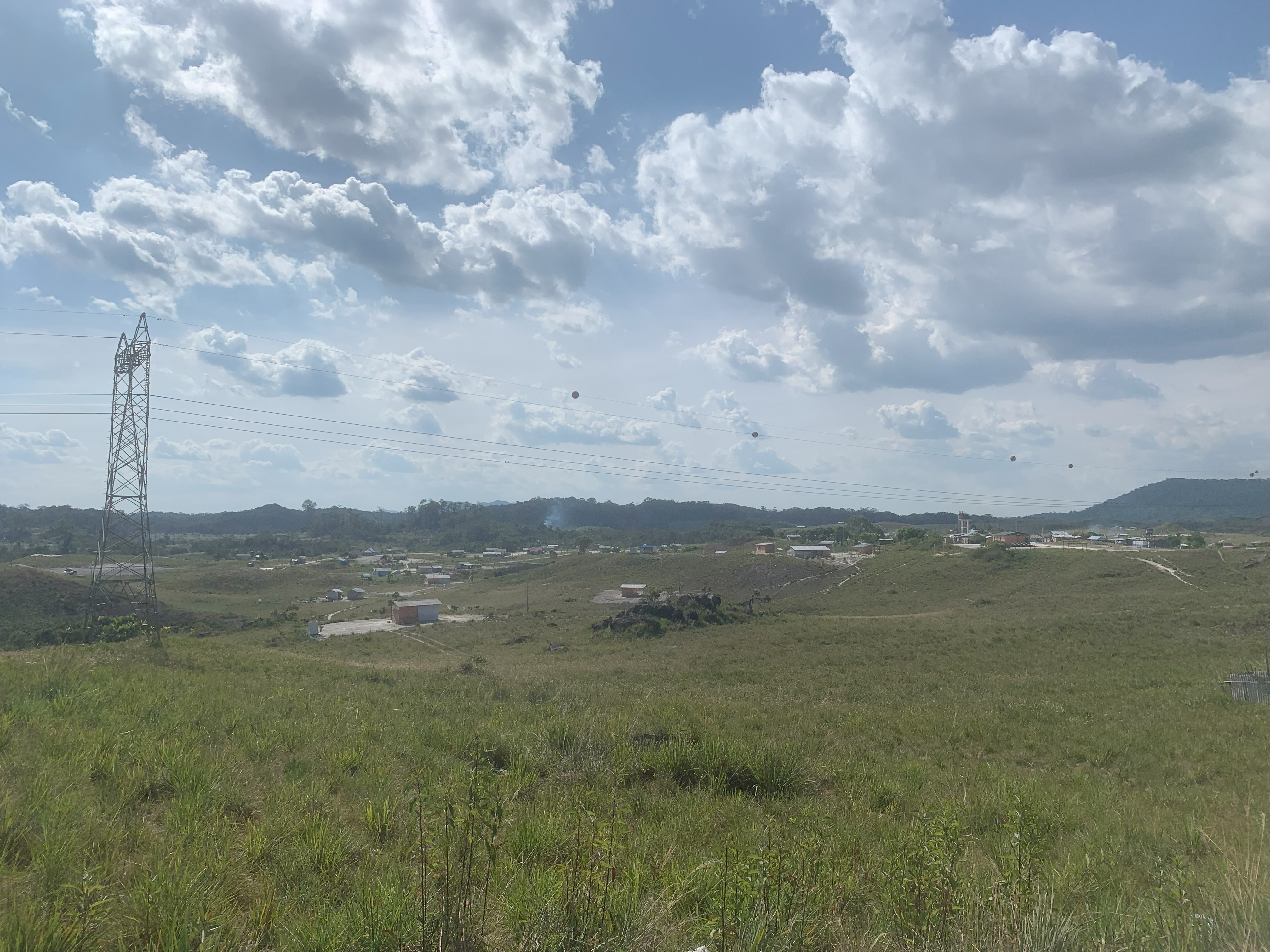My name is Alex Tough. I am a fourth-year PhD student in the Department of Hispanic Languages and Literatures. My thesis project traces how Pemón peoples in Venezuela use Internet and Communication Technologies (ICTs) for their social and political goals, and what we can learn about Pemón digital culture and collaboration on digital projects by engaging with their uses of ICTs in a socially just matter.
I am currently finalizing the first chapter of my thesis, which traces the deployment of the internet in Pemón territory from three vantage points: a telecommunications entrepreneur, an internet café operator and a satellite operator. I relate how they upend narratives of universal access to technology from the Venezuelan state to focus on practices of sovereignty instead. While relating these Pemón accounts, I also engage with my own biases and experiences in the process of listening and learning from my Pemón interlocutors as a non-Pemón. I connected with my interlocutors during fieldwork in Brazil in October. I met most of them in the village of Ta’rau Paru. This village, along with many others, are located along the Venezuelan-Brazilian border.

I arrived in Brazil with the mission of learning how Pemón social and political goals informed their use of technology, rather than how technology “has improved” life in Pemón communities. Juvencio Gómez, my contact in Ta’rau Paru, generously invited people of the community to his house to converse with me. My conversations with members of the community, including tech experts, were varied: some went fluidly, others were awkward, some played out like a chess game. These conversations inspired me that relating the process of listening to my Pemón interlocutors, in relation to my own biases and experiences as a non-Pemón—was just as important as documenting their uses of ICTs. Thus, I decided to incorporate this process of listening into my thesis.
The conversations with my interlocutors inspired an innovative approach for the second chapter of my thesis. The people I talked to were concerned about how non-Pemón write about Pemón on the internet and the need to center accounts of the Pemón by Pemón. To address these concerns, we determined that are a precise analysis of Pemón by non-Pemón on the internet was necessary. To do this, my second chapter will situate and use AI-driven language models as a tool to characterize different uses of the term “Pemón” on the internet including Google Search results and Instagram posts. These results will be then made available to my Pemón interlocutors in the form of an easily accessible web page—attending to the realities of internet infrastructure in Pemón land—as we continue our critique of Pemón online presence.
I learned a lot during my visit to Brazil, and I am still learning more as I keep in contact with my interlocutors, mostly through WhatsApp. I would encourage anyone who is planning to do immersive dissertation research to consider their interlocutors as experts in the topics you want to investigate. I would also encourage IDRF applicants to consider their own agendas in doing research in communities, as well as they agendas of their interlocutors. Doing so paves the way for more meaningful alliances.
